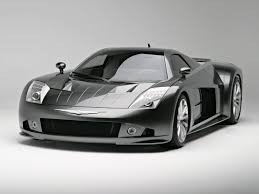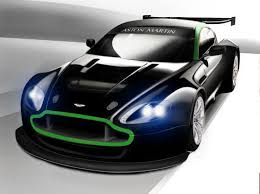 Volkswagen is nearly done creating a brand new front-wheel drive platform to be used by up to 60 models from Audi, Seat, Skoda and Volkswagen by the middle of 2010. This new structure, which is known as MQB (modularen querbaukasten or modular transverse engine mount architecture), will replace the current PQ2, PQ3 and PQ4 platforms.
Volkswagen is nearly done creating a brand new front-wheel drive platform to be used by up to 60 models from Audi, Seat, Skoda and Volkswagen by the middle of 2010. This new structure, which is known as MQB (modularen querbaukasten or modular transverse engine mount architecture), will replace the current PQ2, PQ3 and PQ4 platforms.Wolfsburg insiders say that this move will help save Volkswagen and its various offshoots up to a billion euros per year by streamlining production and creating greater economies of scale. The MQB has these characteristics because it provides for a common distance between the front axle and the pedals regardless of the size of the car it is applied to.
VW’s head of R&D, Ulrich Hackenberg, claims this will help reduce the number of front-wheel drive ‘engine mounting architectures’ used by Volkswagen from 18 to just two. Watch out for this new platform design on the next Audi A3 due in 2011. All in all, this is an excellent move, since it allows for a much greater variance in track width, wheelbase and wheel size than with Volkswagen’s existing transverse engine platforms, while allowing for both front drive and four-wheel drive.
Hackenberg said that the platform makes it possible for them to produce models from different segments and in varying sizes using the same basic front-end architecture. He said that the platform makes it possible to go from a typical hatchback to a saloon, cabriolet and SUV with only detailed changes to the size of the wheel carriers. The platform is slated to be used on every model from the new Lupo all the way through to the next-generation Sharan.





0 comments:
Post a Comment